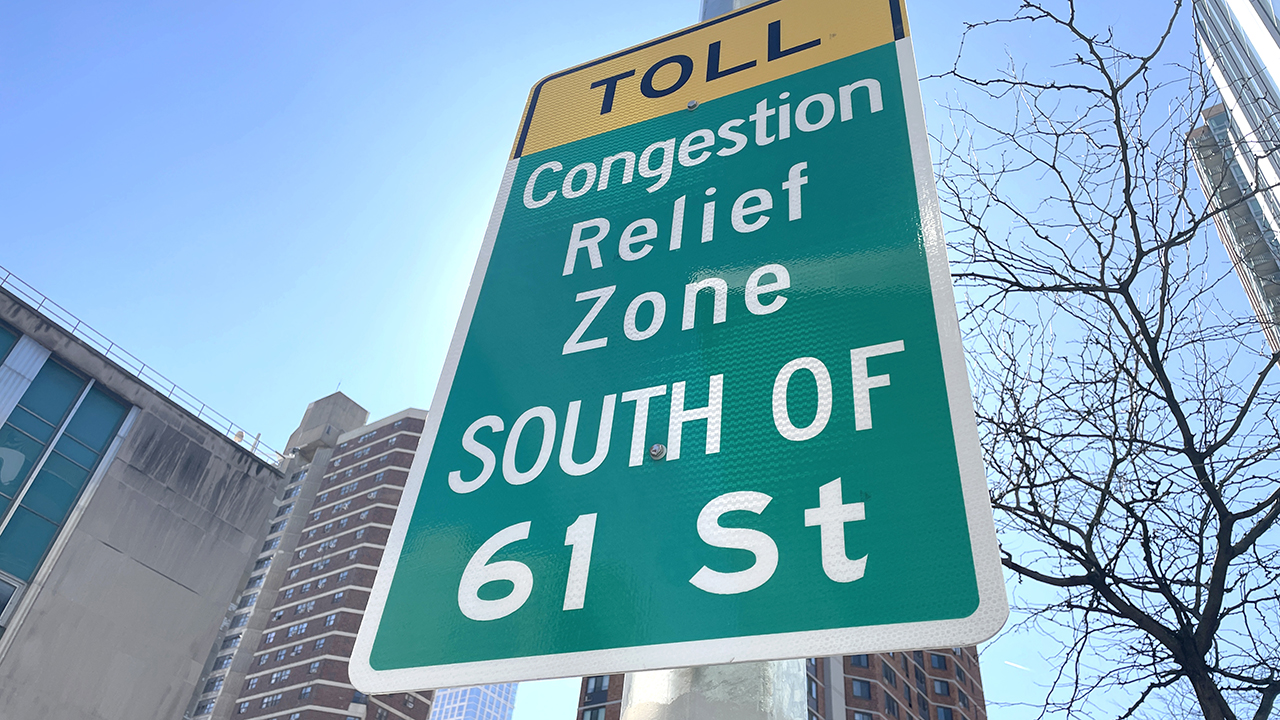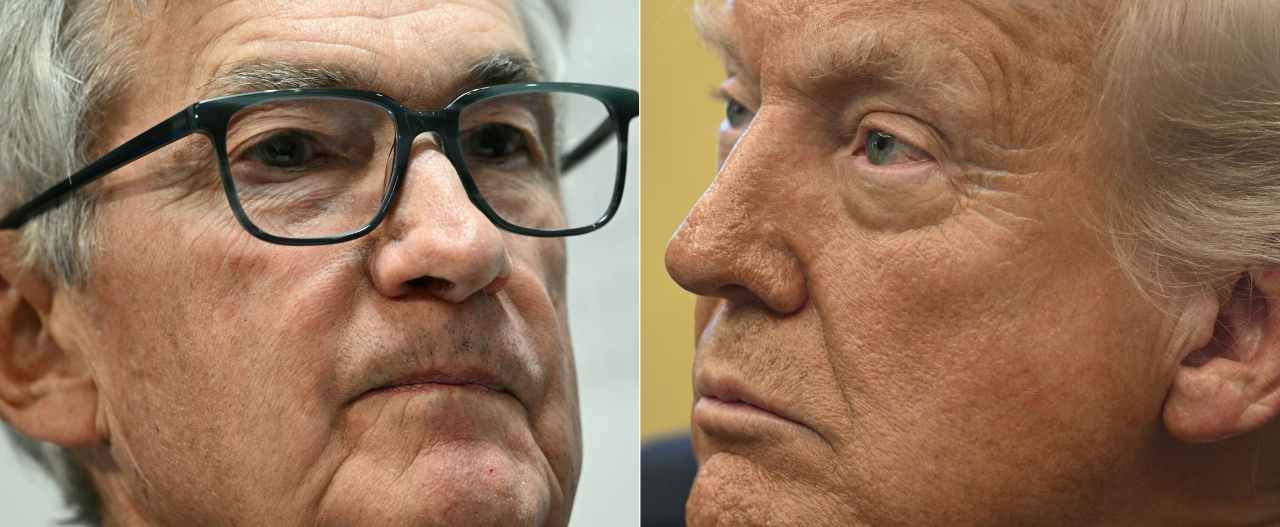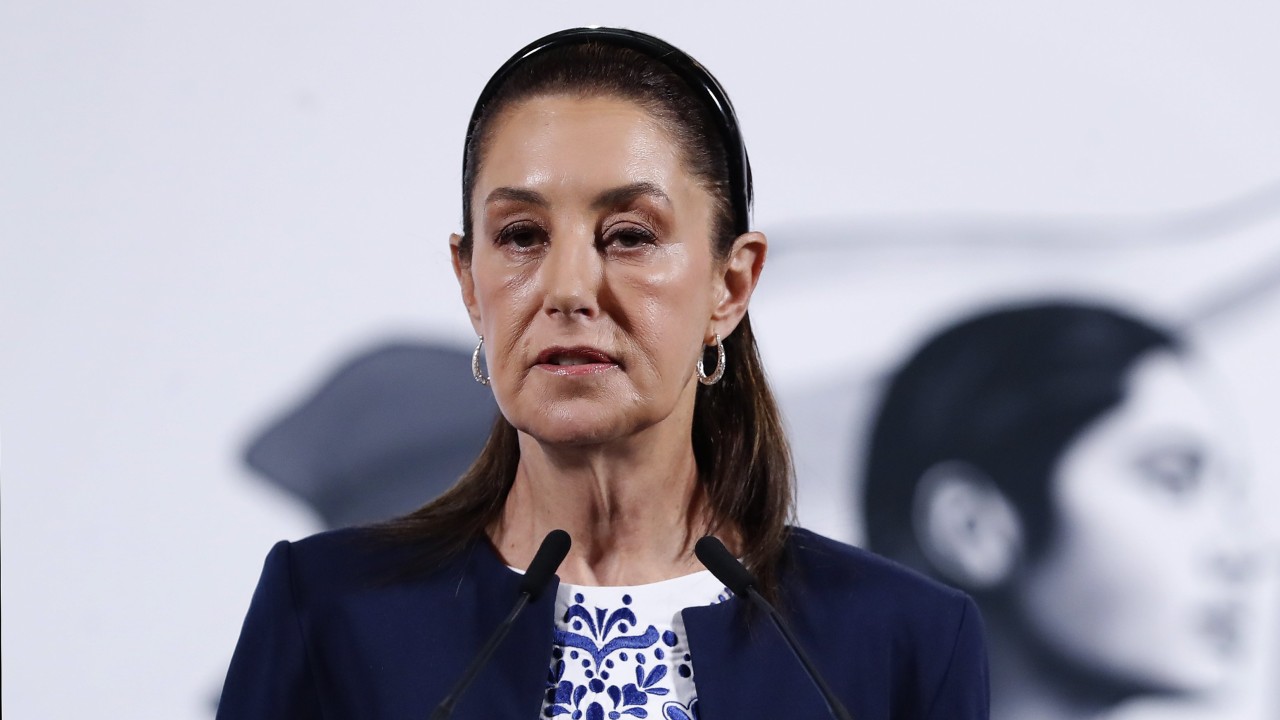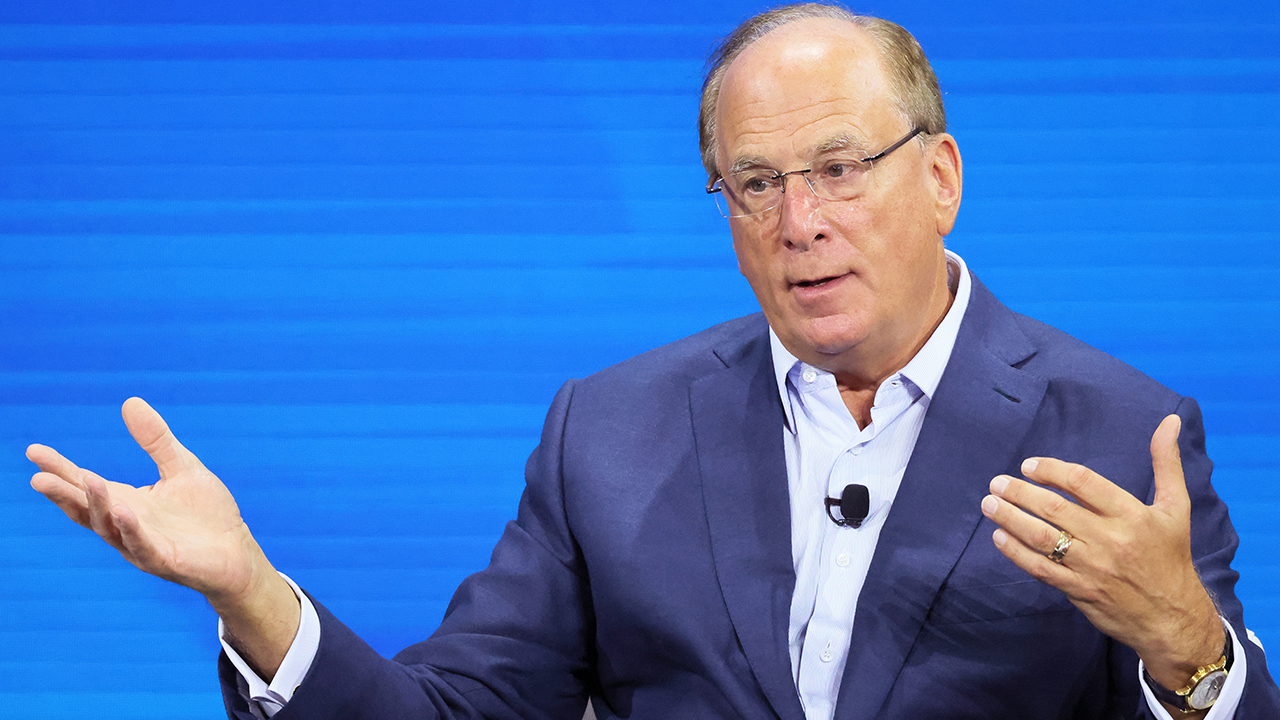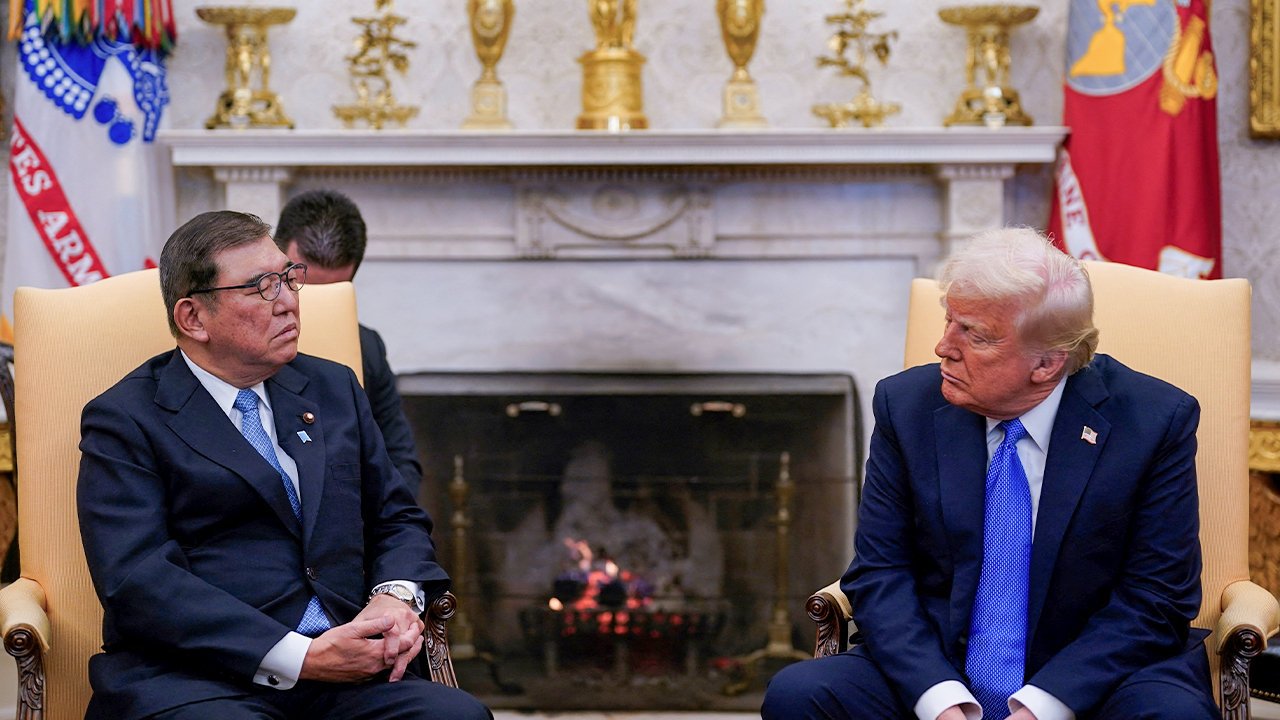Circle, BitGo about to apply for bank charter, others may follow: WSJ
Major cryptocurrency firms, including stablecoin issuer Circle and crypto custodian BitGo, are reportedly considering applying for bank charters or licenses.According to an April 21 Wall Street Journal report citing people familiar with the matter, Circle, BitGo and other firms are considering applying for some form of banking license. Other firms cited include the publicly traded US-based crypto exchange Coinbase and the stablecoin issuer Paxos.Back in 2021, the US Office of the Comptroller of the Currency already granted a preliminary conditional approval for a US bank charter to Paxos. The report comes as the US continues to reshape local stablecoin regulations.US Federal Reserve Chair Jerome Powell recently said that as digital assets gain mainstream adoption, establishing a legal framework for stablecoins is a “good idea.” Speaking at a recent event in Chicago, Powell recognized that after a “wave of failures and frauds,” the crypto space delivered a consumer use case that “could have wide appeal.”Related: Stablecoins are powering deobanksA stable geniusThe US House Financial Services Committee passed a Republican-backed stablecoin framework bill earlier in April. The bill approved by the committee is the Stablecoin Transparency and Accountability for a Better Ledger Economy (STABLE) Act.This bill is moving forward alongside the Guiding and Establishing National Innovation for US Stablecoins (GENIUS) Act. The STABLE and GENIUS bills differ in how they would regulate the stablecoin industry.The latter was the first one to be introduced and made its way past the US Senate Banking Committee in mid-March. While the STABLE Act emphasizes strict federal oversight, the GENIUS Act seeks a more flexible path that includes state and federal regulation.The STABLE Act enforces a two-year moratorium on issuing collateralized stablecoins backed by self-issued digital assets. It also mandates that stablecoin reserves be held separate from business funds to ensure that customer deposits are not used for operations.The GENIUS Act establishes a legal framework for stablecoin payments and aims to support US-based stablecoin issuers to reinforce the dollar’s global dominance. The bill also includes stricter rules, such as enhanced Anti-Money Laundering (AML) safeguards, reserve and liquidity standards, and sanctions checks.Under the GENIUS Act, stablecoin issuers are considered financial institutions covered by the Bank Secrecy Act, which means they fall under strict AML rules. User verification and reporting of suspicious activity would also be required.Related: Crypto’s debanking problem persists despite new regulationsWhy a bank charter?The companies cited in the report had not responded to Cointelegraph’s inquiries by publication.However, a bank charter potentially would allow crypto firms to operate like traditional lenders, taking deposits and making loans.On the other hand, crypto firms that obtain a banking charter would be subject to much stricter reporting and regulatory oversight. One example is Anchorage Digital, a crypto firm holding a federal bank charter that reportedly spent millions to comply with regulations.Despite this, recent reports indicate that the US Department of Homeland Security’s El Dorado Task Force has reportedly launched an investigation into Anchorage Digital Bank.The news does not come as a complete surprise. In late March, reports indicated that cryptocurrency and fintech companies are increasingly seeking bank charters in an attempt to grow their businesses under the Trump administration.Magazine: Elon Musk’s plan to run government on blockchain faces uphill battle



Major cryptocurrency firms, including stablecoin issuer Circle and crypto custodian BitGo, are reportedly considering applying for bank charters or licenses.
According to an April 21 Wall Street Journal report citing people familiar with the matter, Circle, BitGo and other firms are considering applying for some form of banking license. Other firms cited include the publicly traded US-based crypto exchange Coinbase and the stablecoin issuer Paxos.
Back in 2021, the US Office of the Comptroller of the Currency already granted a preliminary conditional approval for a US bank charter to Paxos. The report comes as the US continues to reshape local stablecoin regulations.
US Federal Reserve Chair Jerome Powell recently said that as digital assets gain mainstream adoption, establishing a legal framework for stablecoins is a “good idea.” Speaking at a recent event in Chicago, Powell recognized that after a “wave of failures and frauds,” the crypto space delivered a consumer use case that “could have wide appeal.”
Related: Stablecoins are powering deobanks
A stable genius
The US House Financial Services Committee passed a Republican-backed stablecoin framework bill earlier in April. The bill approved by the committee is the Stablecoin Transparency and Accountability for a Better Ledger Economy (STABLE) Act.
This bill is moving forward alongside the Guiding and Establishing National Innovation for US Stablecoins (GENIUS) Act. The STABLE and GENIUS bills differ in how they would regulate the stablecoin industry.
The latter was the first one to be introduced and made its way past the US Senate Banking Committee in mid-March. While the STABLE Act emphasizes strict federal oversight, the GENIUS Act seeks a more flexible path that includes state and federal regulation.
The STABLE Act enforces a two-year moratorium on issuing collateralized stablecoins backed by self-issued digital assets. It also mandates that stablecoin reserves be held separate from business funds to ensure that customer deposits are not used for operations.
The GENIUS Act establishes a legal framework for stablecoin payments and aims to support US-based stablecoin issuers to reinforce the dollar’s global dominance. The bill also includes stricter rules, such as enhanced Anti-Money Laundering (AML) safeguards, reserve and liquidity standards, and sanctions checks.
Under the GENIUS Act, stablecoin issuers are considered financial institutions covered by the Bank Secrecy Act, which means they fall under strict AML rules. User verification and reporting of suspicious activity would also be required.
Related: Crypto’s debanking problem persists despite new regulations
Why a bank charter?
The companies cited in the report had not responded to Cointelegraph’s inquiries by publication.
However, a bank charter potentially would allow crypto firms to operate like traditional lenders, taking deposits and making loans.
On the other hand, crypto firms that obtain a banking charter would be subject to much stricter reporting and regulatory oversight. One example is Anchorage Digital, a crypto firm holding a federal bank charter that reportedly spent millions to comply with regulations.
Despite this, recent reports indicate that the US Department of Homeland Security’s El Dorado Task Force has reportedly launched an investigation into Anchorage Digital Bank.
The news does not come as a complete surprise. In late March, reports indicated that cryptocurrency and fintech companies are increasingly seeking bank charters in an attempt to grow their businesses under the Trump administration.
Magazine: Elon Musk’s plan to run government on blockchain faces uphill battle
What's Your Reaction?


















